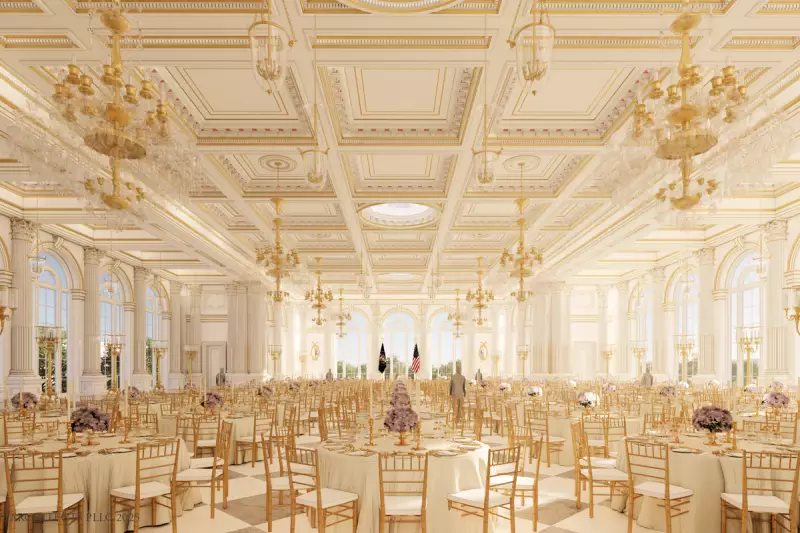
The iconic public tours of the White House, a cherished tradition for millions of visitors to Washington D.C., have been permanently discontinued. In a significant shift in policy, the Trump administration has repurposed the historic East Wing ballroom, a key stop on the public tour, for private, paid events.
This move effectively transfers public heritage into a private revenue stream. The East Room, once a symbol of American democracy and accessibility, is now exclusively available for hire through the Trump Organisation's hospitality division. The cancellation, which began discreetly, marks the end of an era for public access to one of the nation's most symbolic buildings.
A Quiet End to Public Access
The cessation of tours was not announced with any official fanfare. Instead, the change was implemented quietly, with the public booking portal for tours being disabled indefinitely. Potential visitors from across the globe now find only error messages where a booking system once stood.
This decision has drawn criticism from government transparency advocates and historians alike, who argue that it severs a vital, tangible link between the American people and their government.
From Public Good to Private Hire
The ballroom at the heart of the controversy is no longer a space for civic engagement but a luxury venue. The Trump Organisation is now marketing it for high-end private functions, including weddings, corporate galas, and political fundraisers.
This commercial repurposing raises serious ethical questions about the blurring of lines between the federal government and the former President's private business interests. The very room that has hosted presidential addresses and historic bill signings is now subject to rental fees, with profits flowing to a private company.
The long-term implications for public access to the White House remain uncertain, signalling a profound change in how the People's House is perceived and utilised.





